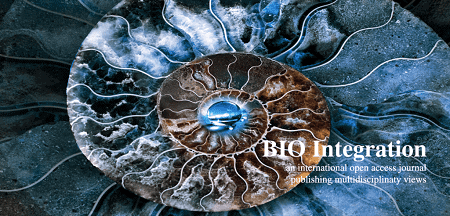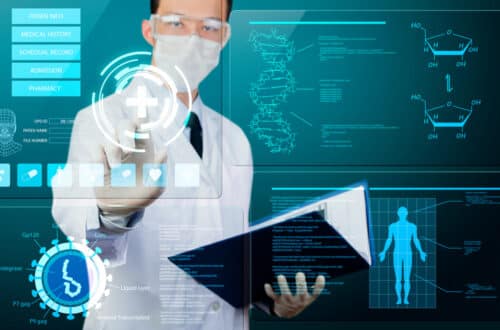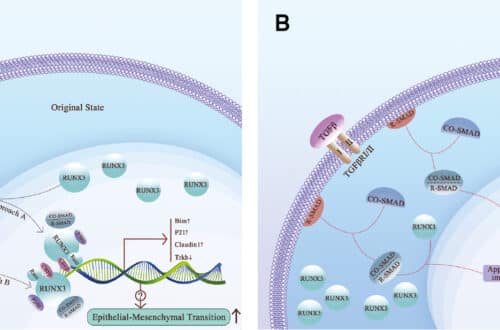
BIO Integration, Volume 2, Issue Number 4, Publishes
uangzhou, December 16, 2021: BIO Integration (BIOI) publishes volume 2, issue 4. The issue contains a review article, four research articles and a brief report offering insights into different areas of life science in both China and internationally:
Research Articles
Incidentally Detected Liver Metastases during Pancreas Contrast-enhanced Ultrasound
Late phase whole liver scan during CEUS of pancreas helps to detect more liver metastases, an important point for further clinical decision-making.
3D printing models of the MV based on 3D TEE data could be used in morphological analysis of mitral valves before and after surgery in RMVD and DMVD. Surgery simulation on 3D printing models could provide valuable information concerning morphological changes after surgery, with are closely associated with clinical outcomes.
Finite Element Analysis of Orthodontic Relapse in Different Maxillary Arch Form
Orthodontic relapse is common; however, the mechanisms between relapse and the dental arch form remain unclear. The purpose of this study was to establish three-dimensional (3D) finite element models of different dental arch forms after orthodontic treatment and to analyze the states of different arches applied with various sagittal forces.
In arthroscopic shoulder surgery, general anesthesia (GA) is the common method of anesthesia. Recently, the combined usage of interscalene brachial plexus block with general anesthesia (ISB/GA) was reported to have a lower incidence of adverse side effects than GA alone. This article investigates stress and inflammatory factors, such as epinephrine, norepinephrine, glucose, lactate, inflammatory factors tumor necrosis factor α (TNF-α) and interleukin 6 (IL-6), as well as the clinical outcomes to determine whether ISB/GA provides an advantage on stress and inflammatory inhibition.
Review Article
Ultrasound Neuromodulation: Integrating Medicine and Engineering for Neurological Disease Treatment
Neurological diseases associated with dysfunctions of neural circuits, including Alzheimer’s disease (AD), depression and epilepsy, have been increasingly prevalent. To tackle these issues, artificial stimulation or regulation of specific neural circuits and nuclei are employed to alleviate or cure certain neurological diseases.
Brief Report
This study demonstrates that the maximum benefit of tocilizumab can be observed as a prophylactic treatment of cytokine syndrome in patients with COVID-19, particularly those with moderate to severe symptoms who are not receiving invasive respiratory support.




